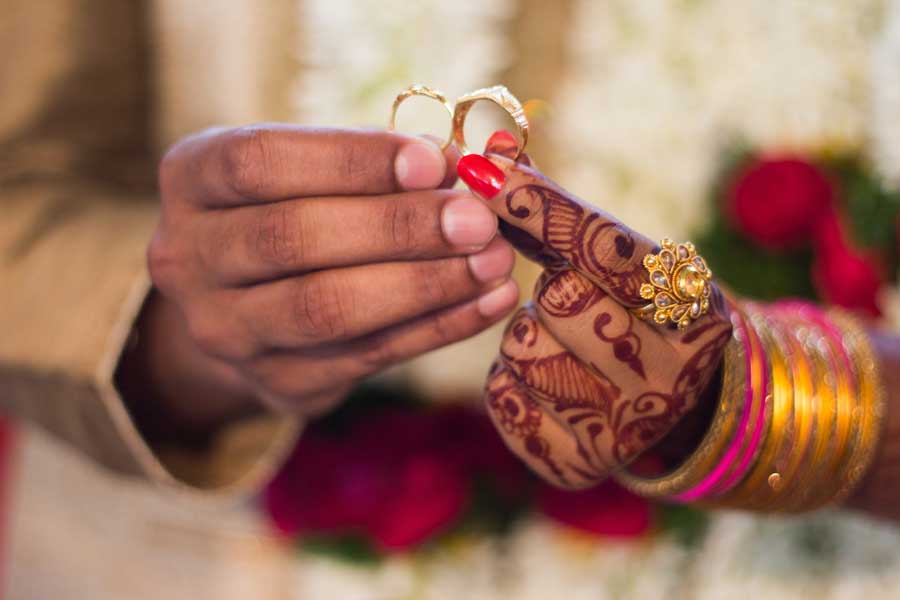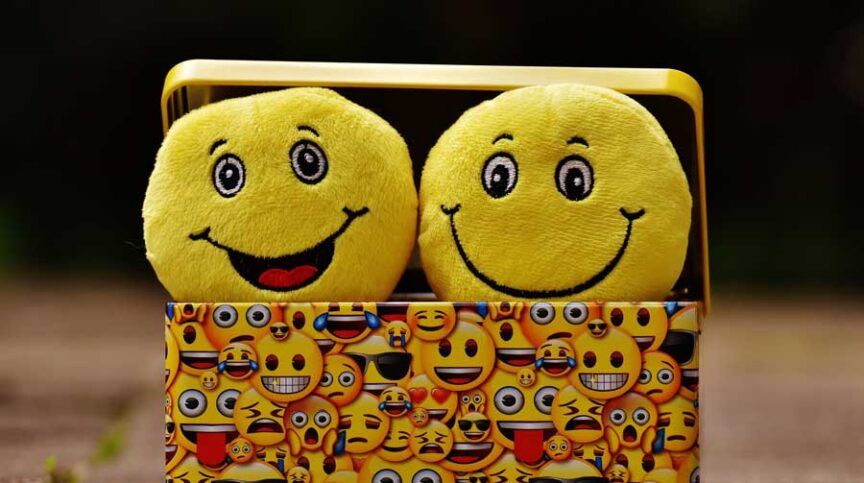Ladies and Gentlemen: I am officially in the hot seat. I have reached the age where the question asked directly after “How are you?” and the mandatory “You’ve grown so big!” at the family get-togethers is almost always “So when are you getting married?” The handy excuse of “when I finish school” is starting to lose power as I grow older and that next step in my life begins to loom ever more over my head. For sure, marriage is very important in Pakistani culture and is one of the core tenets of Islam. “And We created you in pairs” (Qur’an 78:8 and other verses) has made its way into more and more of my friends Instagram bios as one by one the love bug works its way through the population of my peers. I myself have been invited to a few walimas (wedding banquets) recently and must admit these large and joyous occasions have quite the allure. Culturally, marriage is incredibly important as it is not just a union of two people, but a union of two families who are linked through love and commitment.
While there are significant familial and cultural emphases placed on marriage, the significance of marriage is perhaps most highly emphasized in Islam. Marriage holds great significance Islamically, encompassing individual, familial, societal, and spiritual dimensions. It is regarded as a sacred bond that promotes companionship, love, and the establishment of a harmonious family structure. Prophet Muhammad (peace be upon him) emphasized the importance of marriage, stating, “When a man marries, he has completed half of his religion, so let him fear Allah regarding the remaining half” (al-Bayhaqi). The profound spiritual aspect of marriage in Islam is highlighted in this hadith as marriage is explained to be half of one’s deen (religion). A couples’ union in marriage is also seen as a catalyst for personal and spiritual growth for both partners in the marriage. Each partner is to challenge and inspire their significant other to grow and become not just a better person, but a better Muslim as well. With all its importance personally, culturally, and religiously, marriage is never said to be easy. In fact, every member of my family that I spoke with, while conveying that the nature of a marriage is a wonderful union between two unique individuals, they never understated the challenges and complexity of the marriage relationship. Marriage is a journey that one embarks on with another soul, with all the difficulty and joy that comes along with that.
Communication Is Key
At its core, a relationship is a team effort. Two people are coming together with a common goal, and as with any project in school or in the workplace, communication is key. It’s important to have honest and comprehensive discussions with a potential partner before getting married. When working on a group project, outlining who works on what and what is expected from each group member prior to starting the work makes sure everyone is aware of what is expected from them and what their responsibilities are. It is the same with marriage. Having an honest conversation with your potential partner about compatibility in all its aspects, about expectations and boundaries, and about rights and responsibilities of each partner is crucial to a successful relationship. Open and honest communication regarding personal boundaries can help set expectations and create a foundation of trust and mutual respect, fundamental to a healthy relationship. Discussing boundaries gives each partner the space to openly express their needs, preferences, and limits, ensuring that each partner is aware of the other’s comfort zones. These boundaries can include things such as in-laws and family (frequency of visits, involving them in marital disputes, etc.); needing personal space/time for independent interests and goals; emotional and communication expectations like no name-calling, blaming, or stonewalling; what child-rearing styles will be used; whether money will be spent on an expensive house, cars, vacations, etc.
Articulating expectations and setting boundaries allows couples to avoid or at least minimize potential conflicts and lessen misunderstandings. It provides a framework for resolving disagreements and promotes healthy compromise. It also helps establish a sense of respect and consideration for each other’s feelings and desires. It promotes consent and respect, creating a safe and secure environment for both partners. In his article “3 Steps To Safely Prepare For Your Halal Marriage – As Simple As ABC,” author Tafazel Mohammed speaks about the importance of boundaries. He recounts many a time he’s come across couples in his career who did not engage in a conversation regarding boundaries prior to furthering their relationship and were worse off because of it.
Even in the Heat of the Moment
Marriage is the union of two unique individuals and differences can cause arguments when we don’t have the presence of mind to practice sabr and to maintain adaab even in the heat of the moment. A healthy relationship is not one that avoids disagreements or arguments; a healthy relationship is one where the partners involved strive to stay self-aware and responsible in a God-conscious way with words and actions during a conflict. And they come together after an argument or disagreement in a constructive manner. In Integrative Behavioral Couples Therapy (IBCT), a therapy modality developed by Andrew Christensen and Neil Jacobson, the importance of clear communication and constructive resolution are highlighted. When using this therapy modality as a lens to view relationships, the importance of acknowledging and embracing the differences between the individuals in a marriage is shown to be an important aspect to fostering strength in the relationship. The importance of stepping outside of the “heat of the moment” when having a disagreement and communicating clearly to ensure each partner can get their point across is very important.
This of course is much easier to do when both spouses avoid blaming language and use “I statements” rather than “you statements.” An example is “I feel unappreciated when you don’t clean up after yourself”, works much better than “You’re so messy, you never clean up after yourself.” By avoiding blaming language, couples can engage in productive conversations that foster empathy, promote problem-solving, and strengthen their bond. It encourages a more positive and constructive approach to resolving conflicts and addressing issues, ultimately leading to healthier and more fulfilling relationships. Ali (r) said about the Prophet (s) “…three things he stayed away from with regard to others — he did not find fault, lay blame, or seek to expose anyone’s weak points” (al-Tirmidhi, Shama’il). People are a lot more receptive to information when the intention comes across as wanting to share one’s viewpoint and find mutual understanding rather than wanting to blame. We can learn from the Prophet’s example when conversing with others, especially our significant others.
Couples Counseling
Seeking out pre-marital coaching/counseling with a licensed counselor, prior to marrying can help provide perspective about the joys and challenges of marriage, awareness of Islamic rights and responsibilities, and hands-on knowledge of various relationship skills — all before entering a relationship. The benefit of a culturally competent Muslim counselor is a greater understanding of religious and cultural nuance regarding marriage. There is also couples counseling once a couple is married. When a couple has gone through all their options attempting to resolve a troublesome issue or conflict without progress, couples counseling is an option always on the table. Involving an objective third-party can help provide perspective and insight on an issue and on the dynamics at play. Couples counseling offers a structured and safe environment for discussing issues and challenges. A skilled therapist can facilitate healthy dialogue between partners, ensuring that both partners are heard and understood. They can help identify underlying issues, patterns of behavior, and unhealthy dynamics that may contribute to the conflict. Furthermore, couples counseling provides couples with valuable tools and strategies to improve their communication and conflict resolution skills. Therapists can teach techniques for active listening, cultivating empathy and compassion, and effective problem-solving, enabling couples to navigate their future challenges more effectively. Learning these skills and improving one’s relationship with their significant other is an important part of a healthy marriage, it’s part of growth, both individually and as a couple, and it is enlarging one’s resources to successfully navigate the journey that constitutes half of one’s deen.
A Great Bounty from Allah
Marriage can at times be tough. Spending your life with another individual can certainly have its growing pains, but there are ways to make it easier. Engaging in a healthy conversation prior to jumping in headfirst can help partners understand each other’s expectations and boundaries and what is needed from each other to make the relationship a success. Understanding that a relationship is fundamentally a team effort where both partners are working towards the same goal can help them approach the differences in their relationship and in each other with an open mind and a constructive attitude. Finally, remembering that there are options out there when things are not going how you would have hoped can give you the breathing room to approach challenges in your relationship and grow as partners. Pre-marital coaching/counseling and couples counseling can provide the opportunity to step outside of an emotional moment and learn important skills to help resolve current issues but also to improve the relationship’s future. Marriage is an important part of our communities, our lives, and our religion. Approaching it with the proper respect and enthusiasm helps us to remember the great bounty that Allah has provided us.
“And among His Signs is this— that He created for you mates from among yourselves, that you may dwell in tranquility with them, and He has put love and mercy between you. Verily in that are Signs for those who reflect” (Qur’an 30:21).






